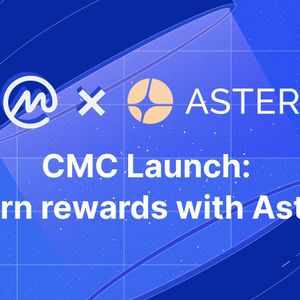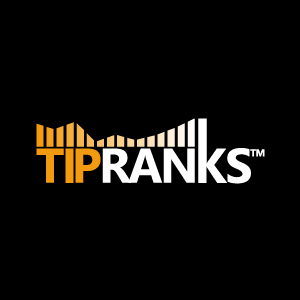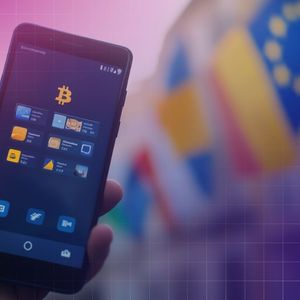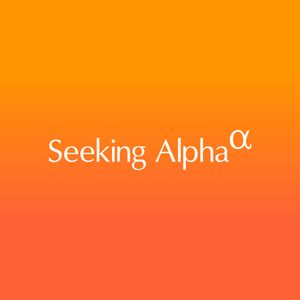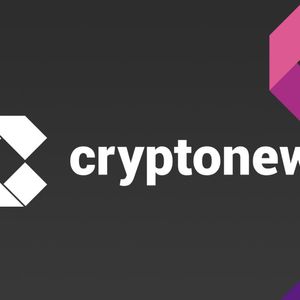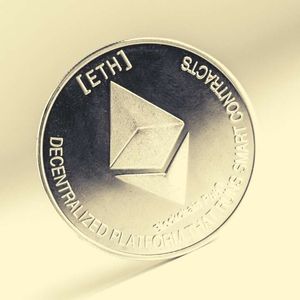In the rapidly evolving world of artificial intelligence, collaboration and standards are becoming key to unlocking the full potential of AI-powered tools. For those following the digital landscape, including the dynamic crypto space often influenced by major tech shifts, a significant development has emerged: Microsoft is embracing a new open standard from Google aimed at improving how AI ‘agents’ interact. This move is set to enhance the capabilities of Microsoft AI agents , making them more collaborative and versatile. Microsoft Embraces Google A2A Protocol Microsoft recently announced its support for Google’s newly launched Agent2Agent (A2A) protocol. This open standard is designed to allow AI agents, which are semi-autonomous programs powered by AI, to communicate and work together across different platforms, applications, and services. Think of it as creating a common language for AI assistants and tools. Google unveiled the Google A2A protocol in early April, proposing a framework where agents can securely exchange goals, invoke actions, and collaborate on tasks. This is a crucial step towards building more complex and capable AI systems that aren’t limited to a single environment. Microsoft’s commitment goes beyond just verbal support. The company is actively integrating the A2A specification into two of its key AI development platforms: Azure AI Foundry: A platform for building, training, and deploying AI models. Copilot Studio: A tool for creating custom copilots and AI agents. Furthermore, Microsoft has joined the A2A working group on GitHub, signaling its intention to contribute to the protocol’s development and related tooling. This collaborative approach underscores a broader industry push towards open standards for AI. Enhancing Microsoft AI Agents with Interoperability The integration of the A2A protocol into Microsoft’s platforms is a game-changer for developers and enterprises using Azure AI Foundry and Copilot Studio . Once A2A support is fully implemented, agents built on these platforms will gain the ability to seamlessly interact with external agents, regardless of whether those agents were created using different tools or are hosted outside Microsoft’s ecosystem. This means that a Microsoft AI agents could initiate a task that requires assistance from an agent running on Google Cloud or another third-party service. For example, a Microsoft-built agent handling calendar management could coordinate with a Google-built agent specializing in drafting emails to schedule a meeting and send out invitations automatically. This level of cross-platform functionality is what AI agent interoperability aims to achieve. Microsoft stated, “By supporting A2A and building on our open orchestration platform, we’re laying the foundation for the next generation of software — collaborative, observable, and adaptive by design.” They envision a future where “The best agents won’t live in one app or cloud; they’ll operate in the flow of work, spanning models, domains, and ecosystems.” Why AI Agent Interoperability Matters for Enterprise The move towards shared AI agent protocols is particularly significant for enterprise customers. Businesses are increasingly experimenting with AI agents to boost productivity, with a recent KPMG survey indicating that 65% of companies are exploring this technology. The ability for agents to work together across internal systems, partner tools, and production infrastructure is essential for building complex, automated workflows. Achieving true AI agent interoperability allows enterprises to build more robust and flexible solutions. It ensures that different specialized agents can be combined to handle sophisticated tasks while maintaining necessary governance and service-level agreements (SLAs). This alignment with broader industry efforts for shared protocols is crucial for fostering a healthy, competitive, and innovative AI ecosystem. The AI agent market itself is projected for substantial growth, with Markets and Markets forecasting the segment to grow from $7.84 billion in 2025 to $52.62 billion by 2030. Standards like A2A will play a vital role in enabling this growth by reducing friction and complexity in agent development and deployment. Seamless Collaboration with Copilot Studio Microsoft’s decision to integrate A2A into Copilot Studio follows its earlier support for Anthropic’s MCP standard, which focuses on connecting AI to data systems. This pattern shows Microsoft’s commitment to supporting multiple open standards that facilitate AI collaboration and connectivity. By supporting standards like A2A and MCP, Microsoft is positioning Copilot Studio as a versatile platform capable of interacting with a wide range of external AI models and systems, enhancing the capabilities of custom Microsoft AI agents built within the studio. Conclusion: A Step Towards a Connected AI Future Microsoft’s adoption of Google’s Agent2Agent protocol is a positive step towards a more interconnected and collaborative future for artificial intelligence. By integrating A2A into platforms like Azure AI Foundry and Copilot Studio, Microsoft is not only enhancing the capabilities of its own Microsoft AI agents but also contributing to the development of open standards that benefit the entire AI ecosystem. This focus on AI agent interoperability is crucial for unlocking the next wave of AI-powered applications and workflows, enabling agents to work together seamlessly across different platforms and services, ultimately driving innovation and productivity. To learn more about the latest AI market trends, explore our article on key developments shaping AI features.




